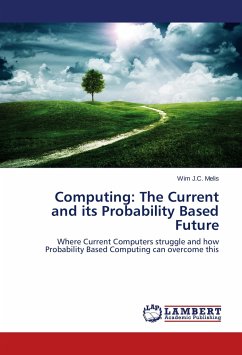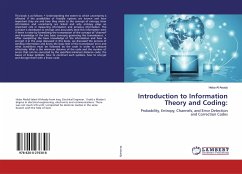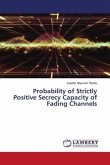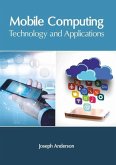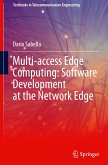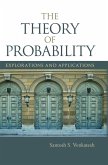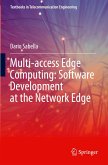Over the last decade, current computing platforms have not progressed at a similar rate as the years before. This lack of progress is largely due to a combination of different problems, going from silicon manufacturing issues over to actual problems with the models being used, leading to e.g. the von Neumann bottleneck. When one takes a few steps backwards and "over-views" the situation, then it becomes clear that the current platforms have their limitations. Consequently, there is the need to start developing a new computing approach, namely one that is more biologically inspired, can deal with the unreliability of components, while at the same time offer more intelligent functionalities. Probability based computation has all the characteristics to overcome the currently faced problems, while also forming a better platform for machine learning approaches. There is obviously still work to be done before these new systems will become reality, but it is about time that people with knowledge and understanding of science and technology start to combine their knowledge and learn to deal with the need for unreliability to ensure this brighter future does happen.
Bitte wählen Sie Ihr Anliegen aus.
Rechnungen
Retourenschein anfordern
Bestellstatus
Storno

